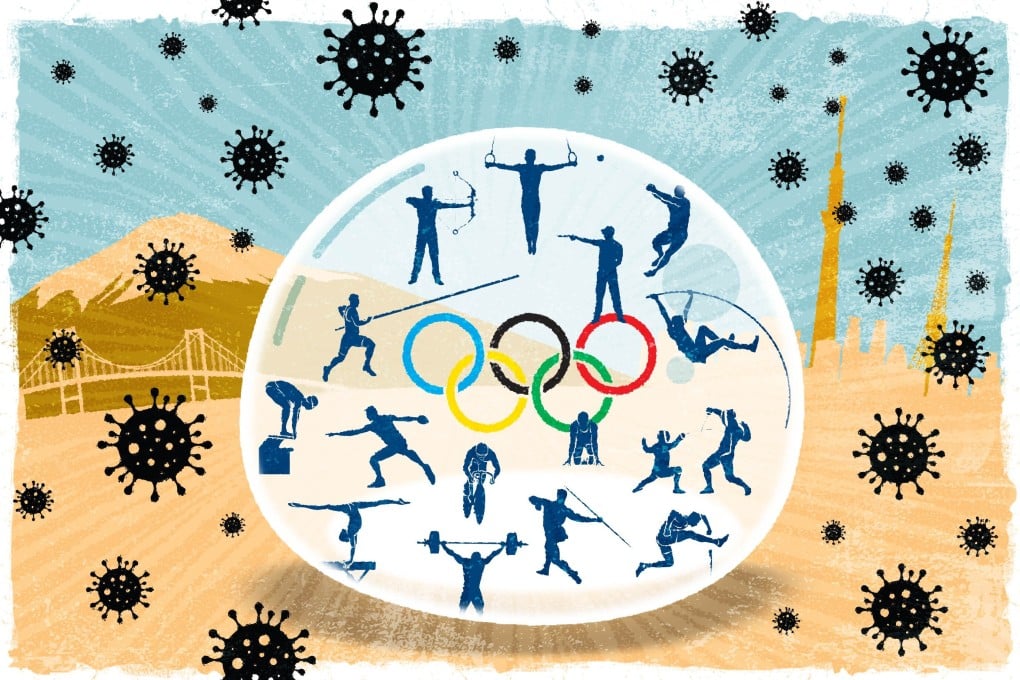Analysis | Tokyo Olympics: IOC puts Covid-19 risks on athletes’ shoulders as groups hit out at ‘Playbook’ and medical experts express concern
- The IOC Playbook – a blueprint for Covid-19 safety measures – has a clause that absolves organisers of any responsibility should an athlete test positive
- World Players United says it is ‘unconscionable’ that athletes should assume the risk as leading epidemiologist says it’s too late for everyone to be vaccinated

In the fourth instalment of our Tokyo Trail series on key issues surrounding the Olympics, we look at why rights groups want the removal of a waiver absolving the IOC, Japanese government and organisers of any responsibility should athletes become infected with Covid-19 while in Japan.
One storyline tracks an athlete from a poor country that lacks vaccine supplies. They arrive in Tokyo, complete their events and return home – taking the coronavirus with them and spreading it in communities devoid of proper health care.
Another involves a player in a team sport such as football or hockey who tests negative on landing in Tokyo. Several days later, when they reach the semi-finals, he or she tests positive after the virus completes its incubation period and the whole team is quarantined. Do they cancel the semi-final?
Then there are the enthusiastic, party-loving young athletes whose future badge of honour would be to boast about how they once escaped the Olympics’ safety bubble to enjoy the bright lights of Tokyo … where they would promptly become infected. For many, even in some of the richer countries, vaccines are not yet an option.